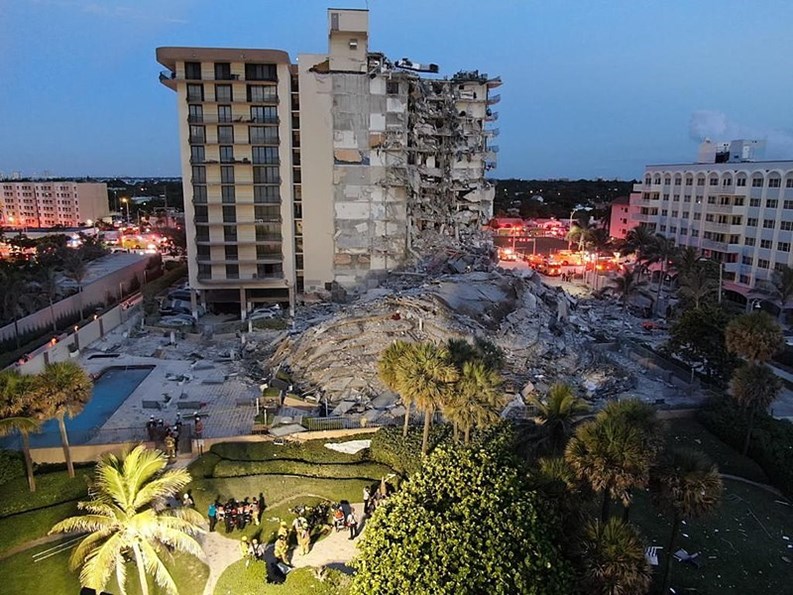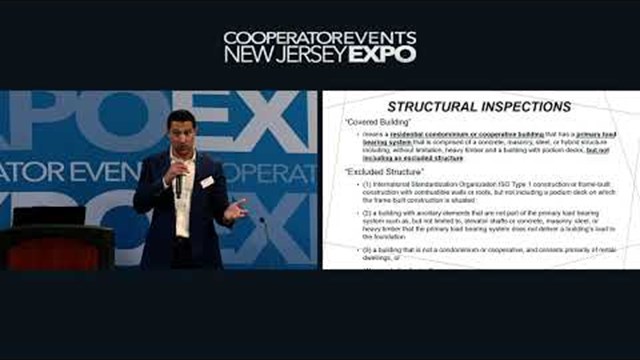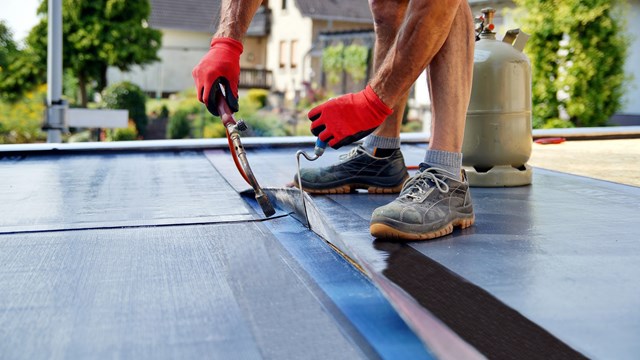The global condo and high-rise apartment community has been reeling since the catastrophic collapse of a part of the Champlain Towers building in Surfside, Florida, in June 2021. Officials and professionals from all over the world have been discussing and debating what led to this tragic loss of life and property and what can be done to prevent a future such occurrence.
Local website ROI-NJ.com spoke to two prominent co-op and condo attorneys in New Jersey, who gave their own assessments as to how the Surfside collapse might impact legislation and regulations in their state.
Mandatory Inspections
Michael Willner, a partner at Roseland-based Curcio Mirzaian Sirot LLC, emphasized boards’ responsibilities in ensuring the structural integrity of the structures in their communities. “The best general advice that I can give is, if you hire an engineer and he or she comes in and does a survey, you want to make sure you get a report and actually listen to what they say,” Willner says. “Boards are responsible for acting reasonably in all circumstances. So, if a problem has been identified, you’d be best served to investigate that problem and make sure it’s not a potentially severe one.”
A proactive board that listens to its experts will have an easier time addressing any issues, however or wherever they arise. “It’s not going to be the same conditions as in Florida,” continues Willner, “but you can deal with corrosive issues both in New York and New Jersey. In Florida, it appears there might have been a pool and crawl space below it where water was infiltrating. In every building with a pool, that could be a potential source of an issue.”
And if the collapse itself hasn’t spurred more associations to act swiftly on professional recommendations about the upkeep of their buildings, Willner and others are predicting that rules and laws about inspections and repairs will force the issue. “A lot of municipalities are strengthening their requirements for inspections by the building department,” he says. “In Jersey City in particular, Mayor Steven Fulop is set to pass a new set of guidelines, including inspections every 10 years of structures above a certain height.”
Reserve Requirements
A. Christopher Florio, a shareholder at law firm Stark & Stark and chair of the firm’s Community Associations Group, has been involved with the New Jersey chapter of the Community Associations Institute (CAI), which has been working with professionals throughout the industry to forecast legislative changes that might arise, according to the outlet. “I personally expect something coming down the pike that discusses the needs for reserves to be done every three to five years on a state level,” Florio says. “I also expect legislation that might require when your engineer says you must reserve a certain amount, you have to do it. We’re preparing for that. And quite frankly, we should be.”
Reserve studies are handled by independent companies with expertise in engineering, architecture, mechanicals, and budgeting, among other niches. They perform a “soup to nuts” evaluation of a property to determine the useful life of all of its major components, a timeline for repairs and replacements, and an estimate of how much cash an association or co-op corporation will need over the course of the evaluation period (usually up to 30 years).
Such analyses are not legally required in New Jersey, ROI-NJ.com states—at least not yet.
Florio supports the concept of “reasonable requirements” that could be instituted at the city or state level, noting that it is the homeowners and shareholders who must foot the bill for these inspections and repairs. This has led to deferred infrastructure maintenance in many instances where boards are afraid of neighbors’ reactions to—or inability to afford—carrying charge increases, whether in the form of a special assessment or loan payoff or both.
Willner says the biggest priority right now should be regular visual inspections of a condominium or other community building—to search high and low for anything potentially wrong, and immediately asking what needs to be done to fix it. “And one thing is for sure," he says. "I would assume that people are more apt to pay what’s needed to safeguard a building now than they were [prior to the Surfside collapse]."










Leave a Comment